Public engagement in Science is a concept that encompasses a wide range of collaborative activities between organisations, researchers and their stakeholders/partners as well as society at large. The concept is also a part of open science as it involves an active exchange and mutual relationship between researchers and stakeholders to make science more accessible.

Public Engagement is a term that is widely used in a variety of different sectors and organisations. The National Coordinating Centre for Public Engagement (NCCPE) in the UK defines public engagement in the following way:
Public engagement is a two-way process, involving interaction and listening, with the goal of generating mutual benefit.
Mutual benefit and opportunities for mutual learning between researchers and the general public are an important part of the NCCPE’s definition as they want to emphasise that public engagement benefits everyone involved. Public engagement is also a much more active and engaged approach than, for example, outreach.
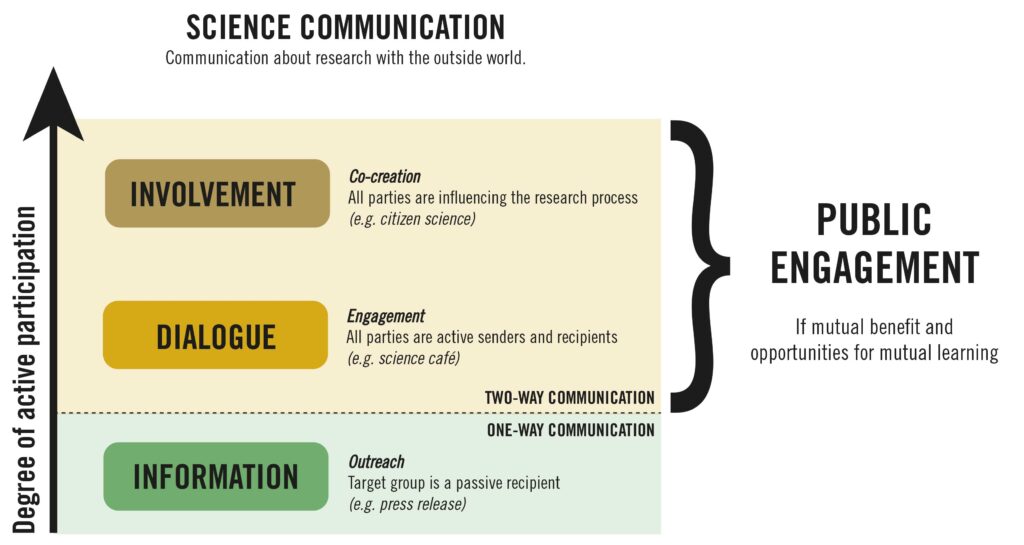
Why public engagement?
There are several reasons to undertake public engagement.
- creating collaborative opportunities for different organisations to participate in the development of society, both in terms of knowledge and capacity-building.
- increasing the understanding of the cultural relevance of science in society and creating opportunities for people to discuss and participate in research.
- embracing multiple perspectives and multi-disciplinary knowledge to make research more meaningful and achieve scientific progress.
- learn from each other, share knowledge, develop new skills as well as gain new insights, ideas, or inspiration for new research projects.
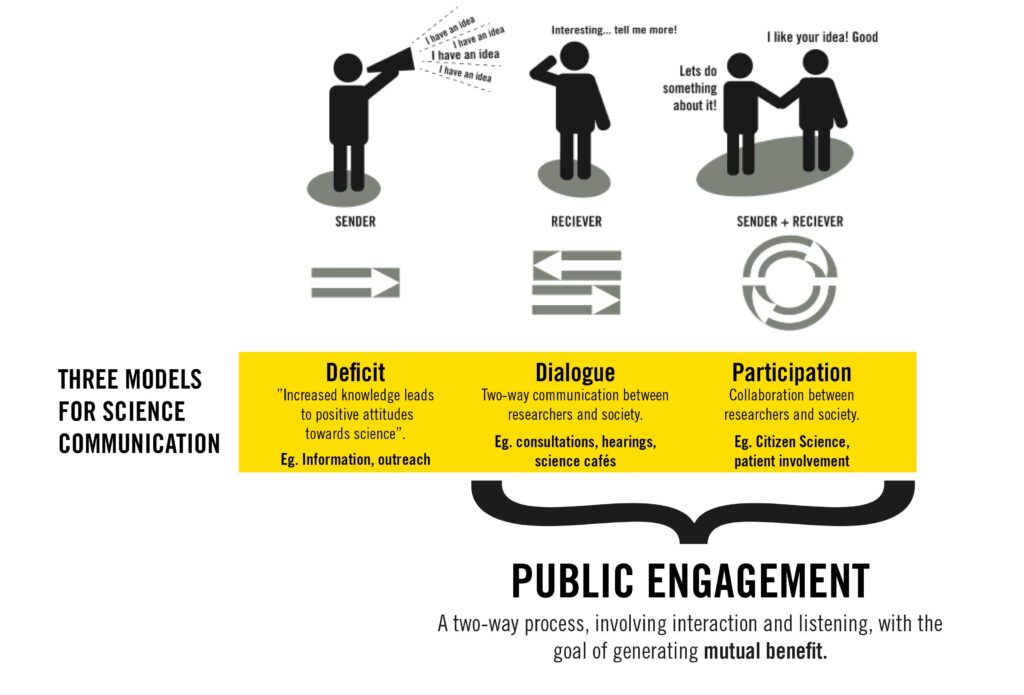
Different types of public engagement
Public engagement can take many different forms. It can be about involving the public in research, for example, through co-creation activities with end users, citizen science, public dialogues and patient involvement. It can also include collaborations in which researchers, students and civil society work together on research projects or involve different sectors e.g. science and art. Whilst the aims behind these approaches, and the processes are different, what they all have in common is a description of an aspiration to better connect the work and research of higher education institutions with research institutes, companies and society.
How do we work with public engagement?
Public engagement is at the heart of much of VA’s work and we work actively with different forms of public engagement in the following national and international projects:
- Citizair – visualizing air data
In the CitizAir project, we are working together with KTH, SLB-analys and the Stockholmers to make air data visible. On their mobiles, screens and lightboards around the city, residents will be able to see which route through the city has the best air quality. The goal is to create an interactive augmented reality, which connects up-to-date air data and information screens in the urban environment with an app in Stockholmers’ mobile phones. - ForskarFredag – Researchers’ Night in Sweden
The last Friday in September has been declared European Researchers’ Night by the European Commission. Events are organised annually in over 370 cities throughout Europe. Known as ForskarFredag in Sweden, the science festival creates opportunities for dialogue and meetings between researchers and the general public to highlight what science is about, how research is conducted, and that research is exciting and relevant to our everyday lives. - LOESS – An EU project developing educational materials on soil health through co-creation and community of practice.
- Re-MEND – An EU project generating new knowledge about the prevention of mental illness. Public & Science Sweden is leading the development of a citizen science initiative to collect research data as well as increase public awareness and mental health literacy.
- Researchers’ Night mass experiment
Since 2009 Vetenskap & Allmänhet has run an annual citizen science project, as part of the ForskarFredag science festival, in which the public and school classes across Sweden are invited to participate in real research. - Science Café
A Science Café is a meeting place for anyone curious about research. Over a drink, researchers and the public together discuss a current issue or new findings of interest. Science cafés are run in many countries around the world and VA disseminates knowledge about the concept as well as other formats for researcher dialogues.
Further information
- What is public engagement? – NCCPE
- RRI Toolkit/public engagement – a toolkit with resources and guidance
- Why public engagement matters – AAAS
Relevant social media hashtags: #publicengagement
Some articles about our activities
Folk och Forskning: Sweden’s new arena for evidence-based dialogue
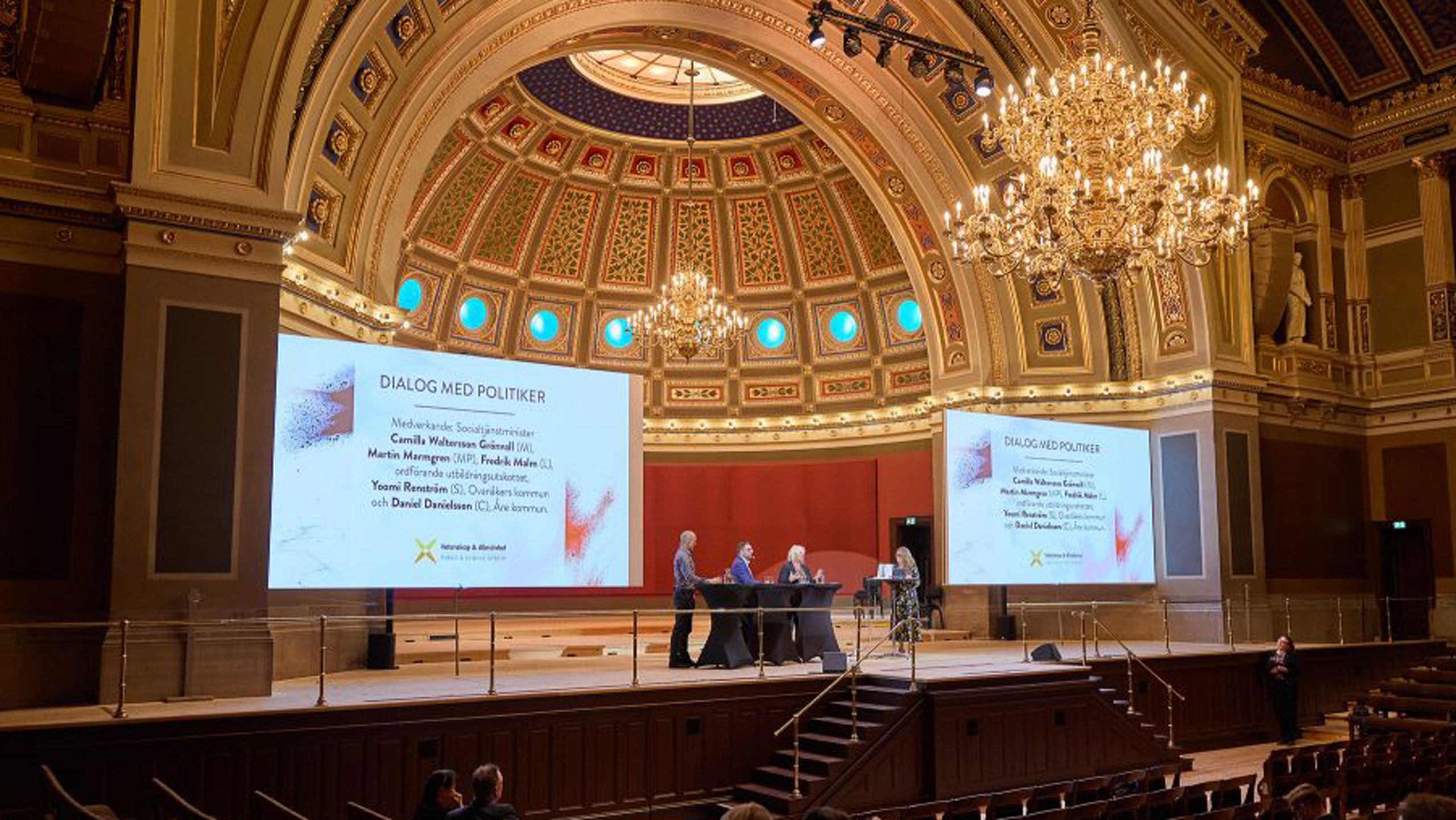
On 8 May 2025, Uppsala University’s main building hosted Folk och Forskning (Science and Society ) – a new initiative from Public & Science Sweden aimed at creating a national… Läs mer
Skapad:
2025-06-19Uppdaterad:
2025-06-19Kategorier:
Activity summaries, Folk och Forskning, Science and SocietyIntegrating Gender and Intersectionality in Research: INSPIRING ERA Online Event
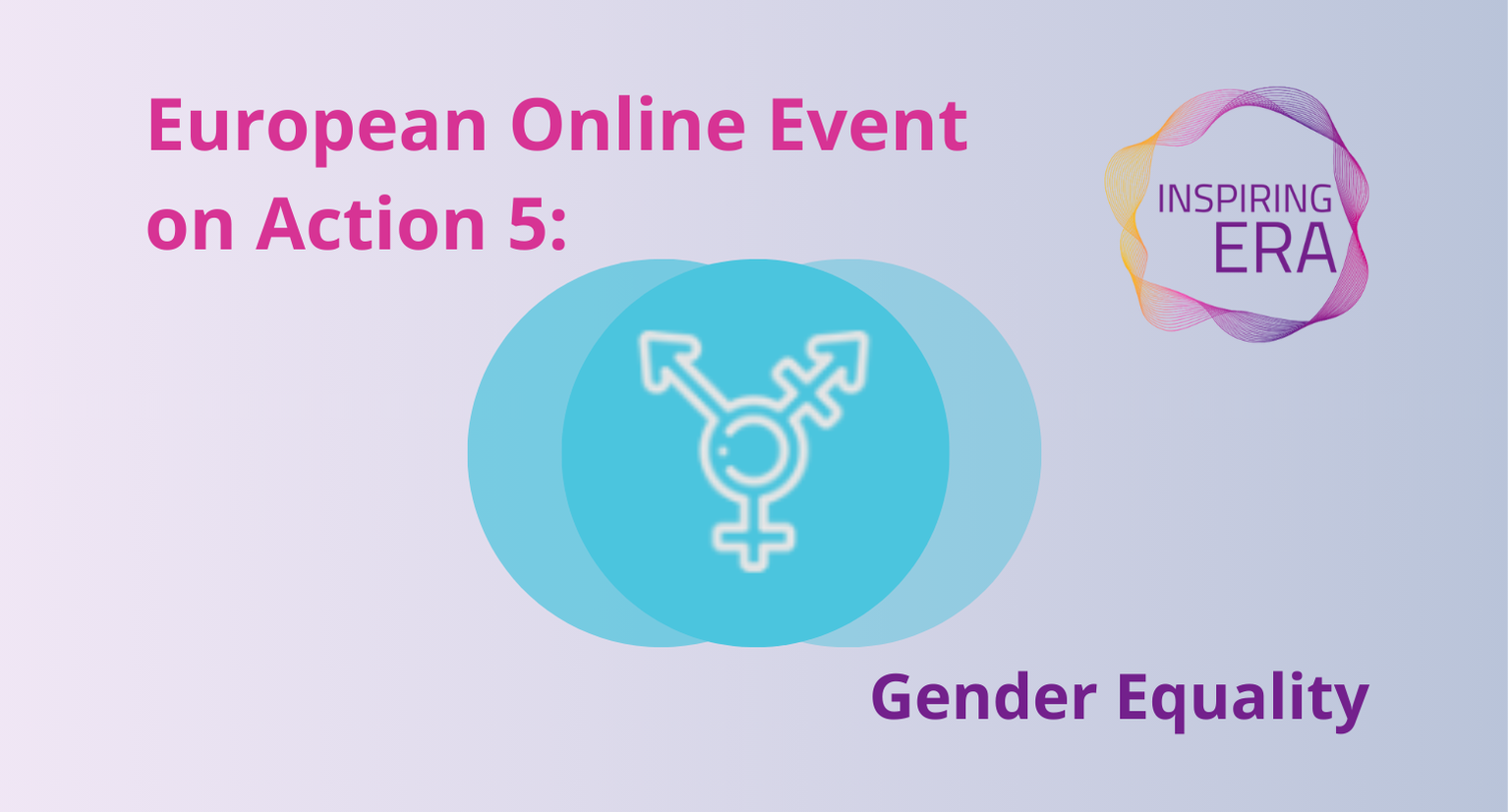
On 28 May 2025, the INSPIRING ERA project, in collaboration with the Horizon Europe-funded GENDERACTIONplus project, hosted an online event on Integrating Gender and Intersectionality in Research: From Policy to… Läs mer
Skapad:
2025-06-12Uppdaterad:
2025-06-24Kategorier:
Activity summaries, EU-projekt, GENDERACTION, GenderactionPLUS, Inspiring ERA, Nyheter, ReferatUnlocking the potential of Secondary Publication Rights: INSPIRING ERA Online Event
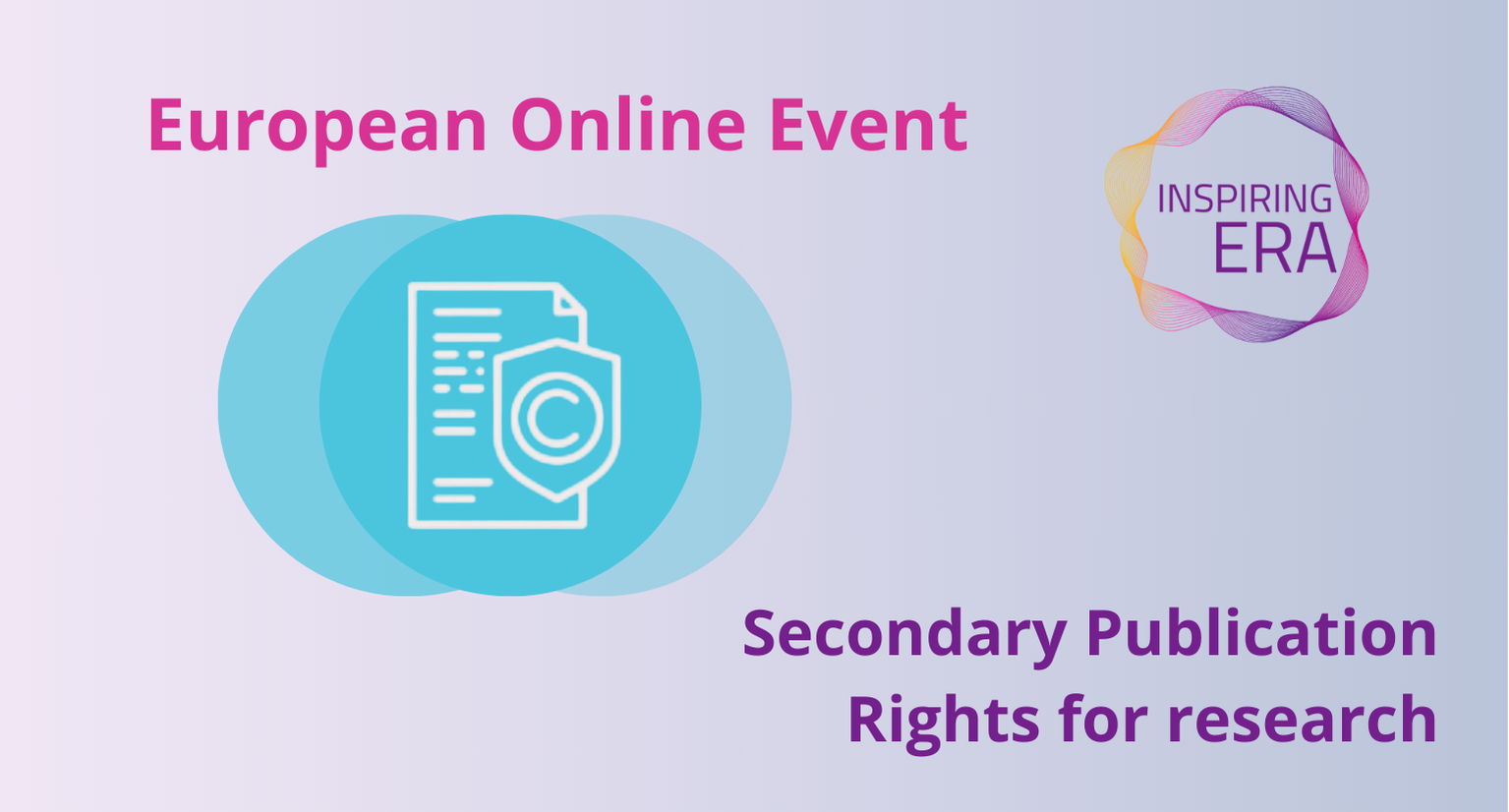
On 19 May 2025, the INSPIRING ERA project in collaboration with the IP40S project hosted a successful online event titled Secondary Publication Rights for Research: What are the options to… Läs mer
Skapad:
2025-06-11Uppdaterad:
2025-06-12Kategorier:
Activity summaries, EU-projekt, Inspiring ERA, Nyheter, ReferatGENDERACTIONplus consultation highlights challenges and opportunities for Gender Equality Practitioners
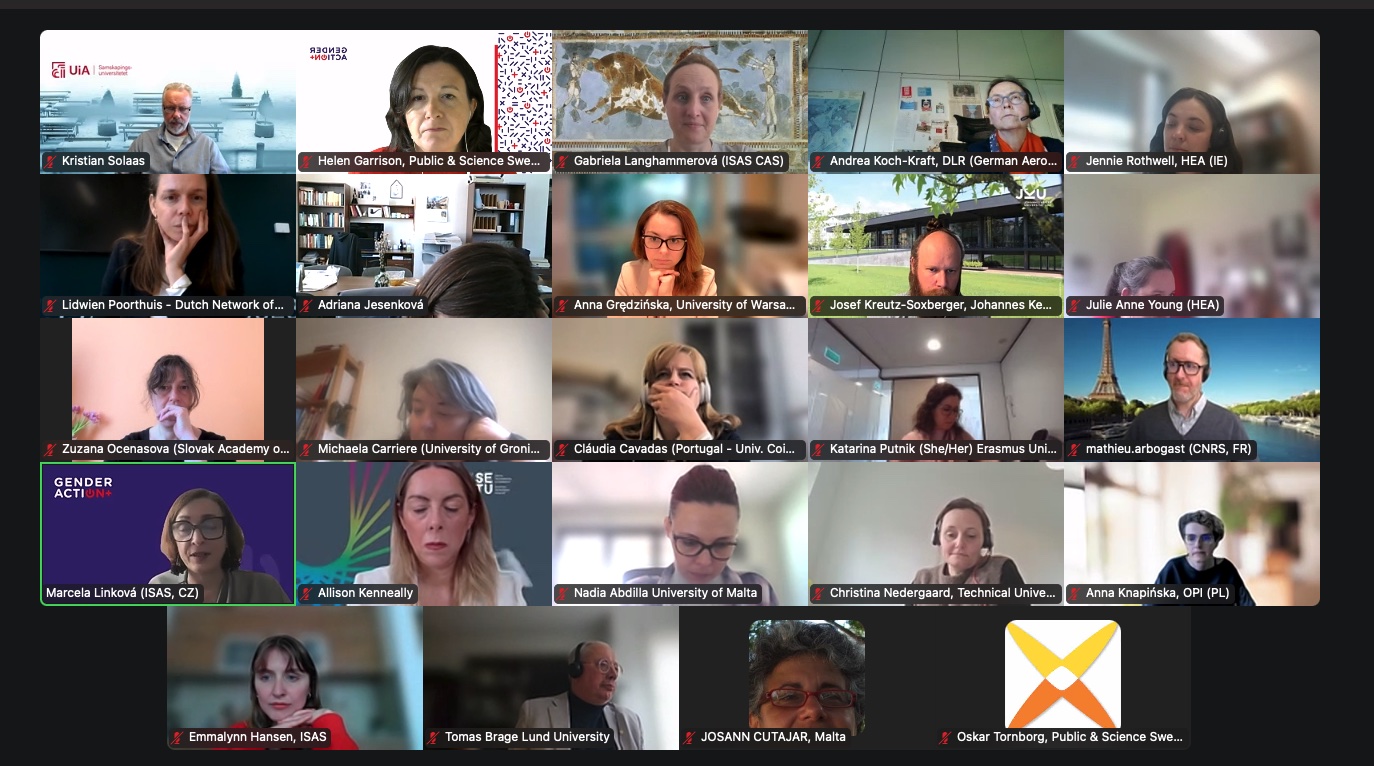
Gender Equality Plans (GEPs) and their implementation were at the heart of a GENDERACTIONplus stakeholder engagement event held online on Thursday 27 March 2025. Gender equality practitioners from 14 countries… Läs mer
Skapad:
2025-04-11Uppdaterad:
2025-06-12Kategorier:
Activity summaries, EU-projekt, GENDERACTION, GenderactionPLUS, In English, Referat